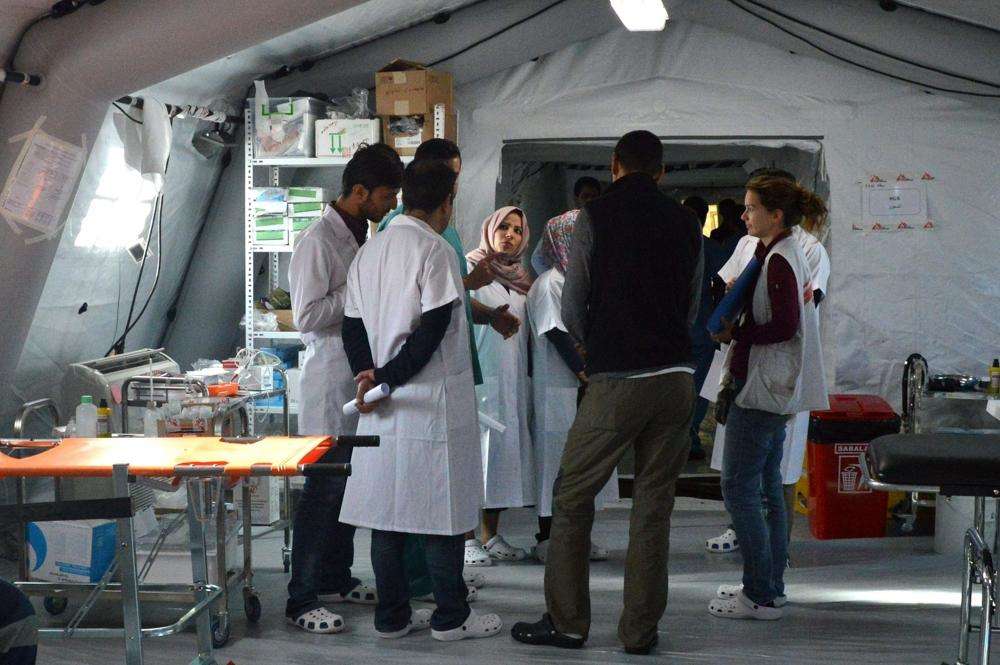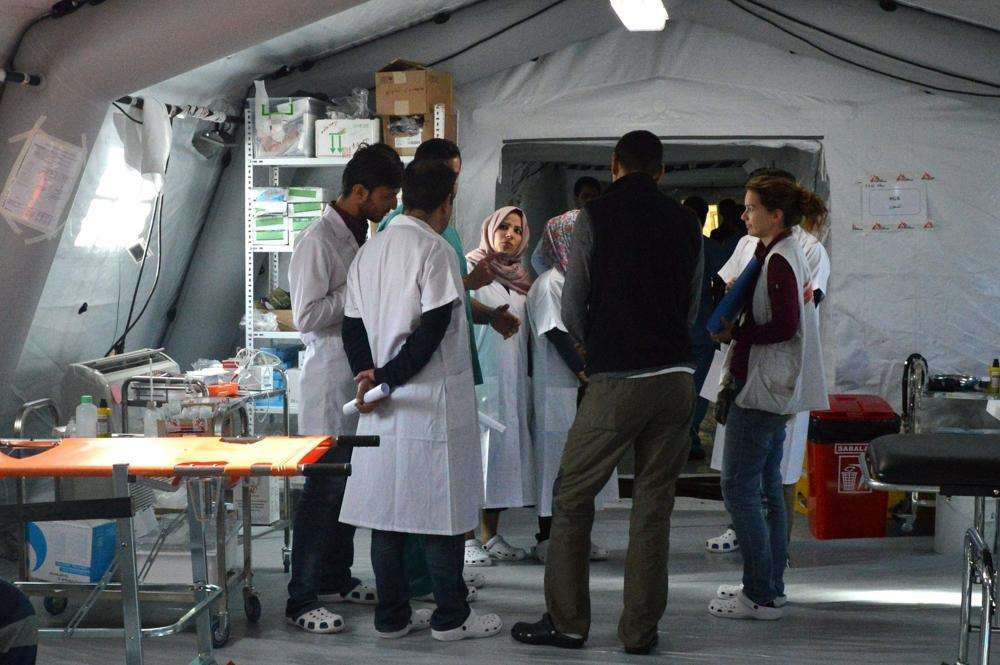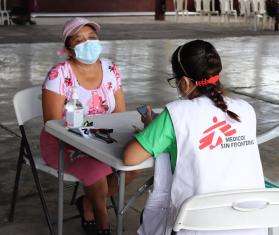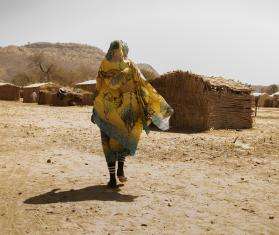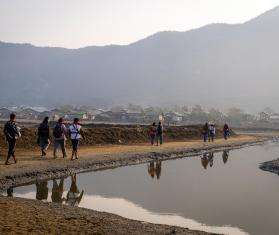As the battle for Mosul intensifies, Doctors Without Borders/Médecins Sans Frontières (MSF) is setting up surgical field hospitals to treat the wounded and increasing its support to displaced populations. MSF has established one field hospital with surgical capacity about 30 kilometers [about 19 miles] north of the city and is setting up a second in Qayyarah, some 60 kilometers [about 37 miles] to the south.
“The objective of these hospitals is to treat patients severely wounded because of the ongoing fighting,” said Barbara Turchet, MSF head of mission in Iraq. “The hospital north of Mosul is located on the main road to Dohuk and aims to provide stabilization and lifesaving emergency surgery. For the most critically wounded in this area, offering care as close as possible to the front lines can be a matter of life or death.”
“Among the first patients to be admitted were a family whose house was hit by a rocket,” Turchet continued. “Two members of the family were treated in the MSF facility. Two others were stabilized and referred to the hospital in Al Shekhan. Most of the patients treated or stabilized in the field hospital thus far had injuries caused by shrapnel or gunshots.”
The field hospital being set up in Qayyarah comes in response to medical needs MSF teams are seeing south of Mosul. As with the other facility to the north, the goal is to provide surgical capacity within the compound of the existing primary health care center (PHCC) in Qayyarah—as close to the frontlines as possible.
The emergency room and the hospitalization wards are ready. The surgical facility is being installed temporarily under inflatable tents, pending the completion of a more robust structure inside retrofitted shipping containers.
Both field hospitals are linked to pre-existing medical facilities in nearby cities. Patients are transported between them by ambulances managed by the Directorate of Health (DoH). The medical teams in the MSF facilities are made up of staff from the DoH who are now working in concert with international MSF teams. To further augment MSF’s response, the organization plans to deploy advanced medical posts even closer to the frontlines, sites where patients can be stabilized before referral for surgery at the two field hospitals.
MSF mobile teams already providing medical and mental health care to internally displaced people in Erbil and Ninewa governorates have expanded their reach to those most recently displaced by the Mosul campaign who are now residing in camps in Zelekan (northwest of Erbil) and Hasansham (west of Erbil).
MSF has worked continuously in Iraq since 2006. In order to ensure its independence, MSF does not accept funding from any government or international agency for its programs in Iraq, and relies solely on private donations from the general public around the world to carry out its work.
